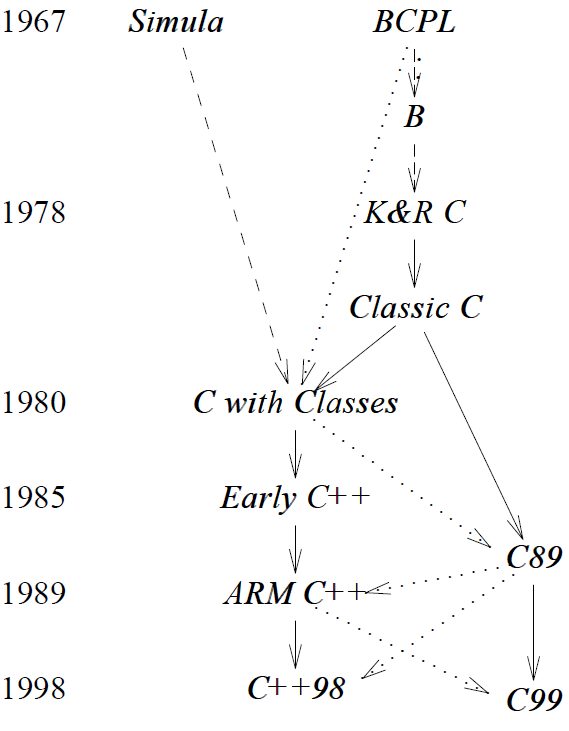A Look at C++14 and Beyond: Papers Part 4 -- Meeting C++
And the final part 4:
A look at C++14 and beyond: Papers Part 4
This is the 4th and last part about the Pre-Bristol mailing and its papers. This series has given me a good overview, what is up in the future in C++. Still, some things are missing, not all will come to shine in this series. I have no papers with actual proposals skipped, but a few papers are only to find in the January mailing, and not in this one. One of them is for example a paper on filesystem, which should make it into C++14. However, there will be a follow up to this series. At the next meeting of my local C++ User Group we are going to have a video call with Michael Wong and other attendees of the meeting. This will be an interesting chat for sure, and help me refine my view on C++14 and C++17 Standards. I'll write this down in the follow up, featuring also some of the feedback that has come.
Before I start with the last 23 Papers, I'll want to shortly mention where this idea has come from. Last fall I saw two blog entries about the Portland Meeting, each naming a few favorite papers and a short summary of them. One was Japanese, and one was Korean, as far as I remember. I had never seen anything like this in the west, no blog, no site brought anything about the papers. Organizing Meeting C++ did not give me the time, to do something similar back then. The decision to cover all papers came, as I wanted to read through most papers any way, and most papers are worth reading. I'm not yet sure if I do something similar for the Chicago Meeting, as this is very time consuming, and therefore would like to state, that I do look for possible Sponsors helping me doing this.
But, lets get started on some papers...




